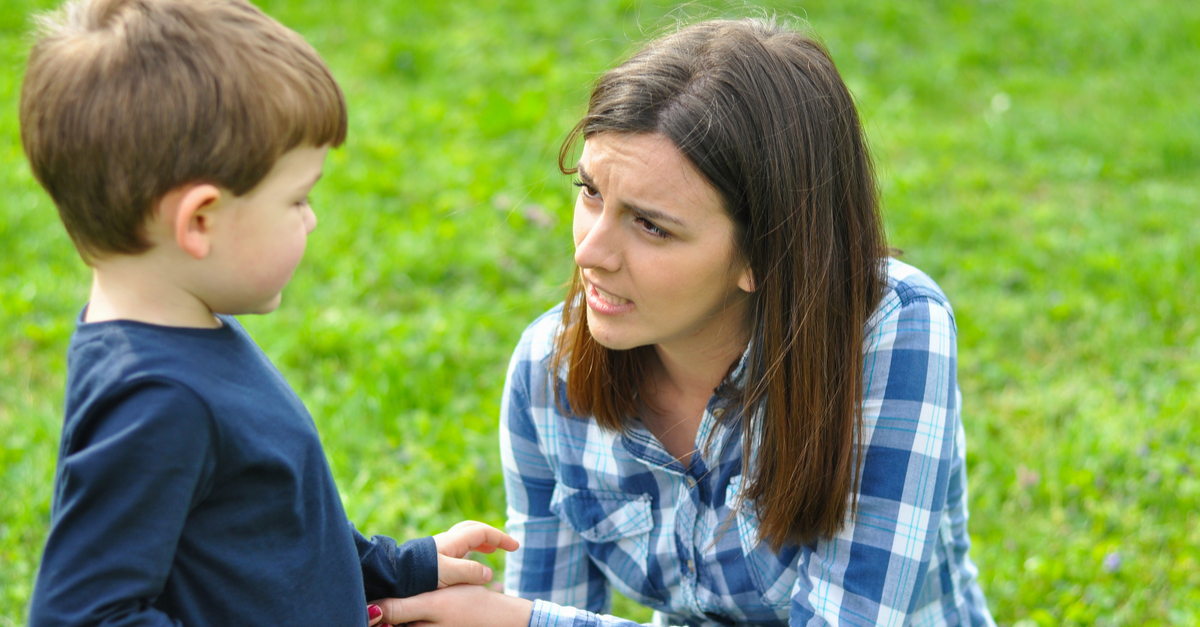The Big Deal About “Attachment” Therapy
Attachment, what is the big deal? Okay, I have heard it way too many times: “There is no such thing as attachment. Attachment is blown out of proportion. I don’t believe in attachment. Attachment is just the ‘hot’ diagnosis of the year and there’s nothing to it.” Well, I don’t really care what you call it but children learn early on to trust their parents. They trust them to change them, feed them, clothe them, and take care of them. When that happens, children grow up trusting their parents and learning to trust people in their world. When that doesn’t happen, children grow up unable to trust, trying to control as much of their world as they can, and fearful that they will never be good enough to be loved, which makes relationship-building difficult.
Okay, so maybe some people are skeptical about the word “attachment” because they have heard stories about questionable practices, unethical therapists, or implementation of demeaning strategies. Don’t let the word attachment lead you to judge all methods of treating attachment as attachment therapy requires structure and nurturing and your child deserves to heal. And you deserve to have help in this process. We should not all be judged by what a few do, nor should we deny children the chance to heal. We shouldn’t be kept from trying to help our children in good nurturing ways by misconceptions or lack of knowledge.
I don’t think it matters what your child’s diagnosis is, all children need parents they can trust. This means being strong enough to set limits and to enforce boundaries and being caring enough to nurture in a positive manner. When children have been pampered, spoiled, coddled and enabled, they grow up with a sense of self-entitlement and do not respect the adults around them, because they don’t trust those adults to be strong enough to care for them. This makes for very defiant oppositional kids who grow into rebellious teens who may grow into adults who become criminals.
I believe we all have some attachment issues because no one can grow up in a perfect environment. Not every mother is emotionally accessible to her child 24 hours a day. Our society almost forces mothers to return to work far too soon because of financial demands. So how does a parent with an out-of-control child manage to become the controlling adult in the situation and then help the child to become a functioning member of society? I think we first stop worrying about the diagnosis and get on with the treatment. What does the treatment look like?
Well, I think treatment is really in two categories: compliance and nurturing. We set limits with our children with the expectation that they will follow those and then we structure their lives in a guiding way toward that goal. And we nurture them as we do it, so we send the message of safety (limits) and love. We let them make choices when the choices won’t hurt them; we let them suffer consequences when the stakes are small, and we enjoy them along the way, all while we try to bond with them in loving and fun ways.
When I see kids who have been labeled “attachment disordered” or who are exhibiting attachment difficulties, I see children who have survived and who have developed skills that helped him/her get to that point. I see a child who has a lot of heart to work so hard to be in control. I see a child who has developed independence out of fear. I see a child who may be open to healing if the right tools are implemented by the right people. These children are courageous in many ways and we need to help them find and manage that courage—use that courage to develop trust in the adults in their world. And it won’t matter what the diagnosis is, attachment included, but what will matter is how we help children to heal.
Tags:
attachment,
early development with attachment,
learning trust through attachment

